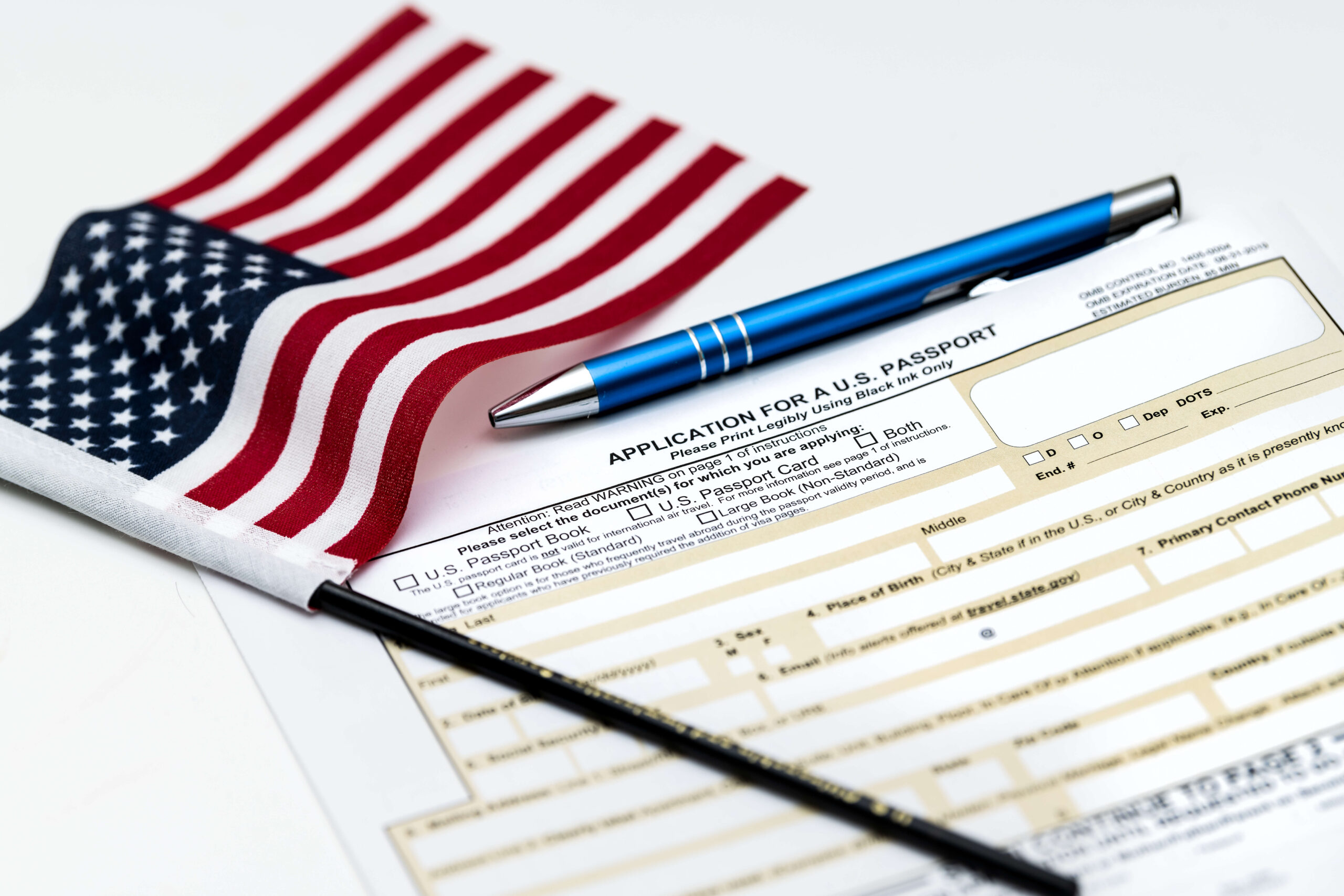On June 15, 2022, the U.S. Citizenship and Immigration Services (USCIS) ombudsman published formal recommendations on how the federal agency can address certain systemic issues. According to the report, the COVID-19 pandemic exacerbated processing delays for immigration filings at the USCIS. Some believe that the pandemic revealed potential inefficiencies within the agency. While some factors may have been “outside of USCIS’s control,” the processing delays for millions of immigration cases may also partly be due to the agency’s policies.
Ombudsman’s Report
The recent report included recommendations for USCIS “to address the agency’s chronic funding challenges” that have thus far hindered the agency’s ability to meet its congressionally defined mission of providing prompt, consistent, and fair adjudications to customers. Because USCIS does not receive funding or appropriations from Congress for its humanitarian services (such as refugee and asylum programs), the agency has limited resources between competing priorities and changing policy directives. Particularly since the COVID-19 pandemic began in 2020, USCIS has had an unprecedented level of processing delays with over 5 million backlogged applications to date.
Fee-for-Service Model
One of the primary issues identified in the ombudsman’s report is that USCIS’s current operational structure is based on a fee-for-service funding model. Approximately 97 percent of its operating budget is derived from the filing fees that are collected with immigration applications. When USCIS forecasts the costs of providing services to process such applications, its financial modeling relies on data that was collected over the previous one to two years. Additionally, USCIS must follow the Administrative Procedures Act (APA) when proposing filing fee adjustments, where the time from initial fact gathering to publication of a new rule is also typically one to two years. Such delays may have been a factor leading to funding challenges at USCIS, or, as one USCIS official was quoted in the ombudsman’s report, the current fee modeling processes puts the agency in a position such that “it is seeking to set its fees at a level that only allows it to ‘tread water’.”
Staffing Model Omits Backlogs
Importantly, the COVID-19 pandemic also led to a 40 percent reduction in immigration filings submitted between March and May 2020, which significantly reduced the agency’s cash flow. This precipitous drop in revenues caused USCIS to twice notify over two-thirds of its staff of a potential furlough due to its anticipated inability to meet payroll expenses. Although USCIS ultimately avoided a furlough, according to the ombudsman’s report, the agency ultimately “implemented austerity measures that significantly impaired its ability to fulfill its mission. The report also highlighted other staffing issues, such as the time it takes for USCIS to hire, onboard, and train new case adjudicators. For example, the average timeframe for onboarding a new case adjudicator is approximately 90 to 120 days. After onboarding, all new adjudicators must then undergo 6 weeks of basic immigration training. Further, when USCIS considers staffing needs, it estimates the cost of only future immigration filings without consideration of the existing backlog of cases.
Ombudsman’s Recommendations
As documented in the ombudsman’s report, USCIS consistently misses its targeted processing times due to its “chronic underfunding and understaffing” issues. The ombudsman thus recommended that USCIS reengineer its fee review process to not only reduce the cycle times for future filings but also hire sufficient staff to eliminate its backlog of cases. Fortunately, USCIS has requested additional congressional appropriations for the next fiscal year and is hiring additional employees to address these backlogs, which are critical steps to reducing the overall processing times for both pending and future immigration applications.
Ogletree Deakins’ Immigration Practice Group will continue to monitor developments with respect these and other policy changes and will post updates on the Immigration blog and in the firm’s Coronavirus (COVID-19) Resource Center as additional information becomes available. Important information for employers is also available via the firm’s webinar and podcast programs.





